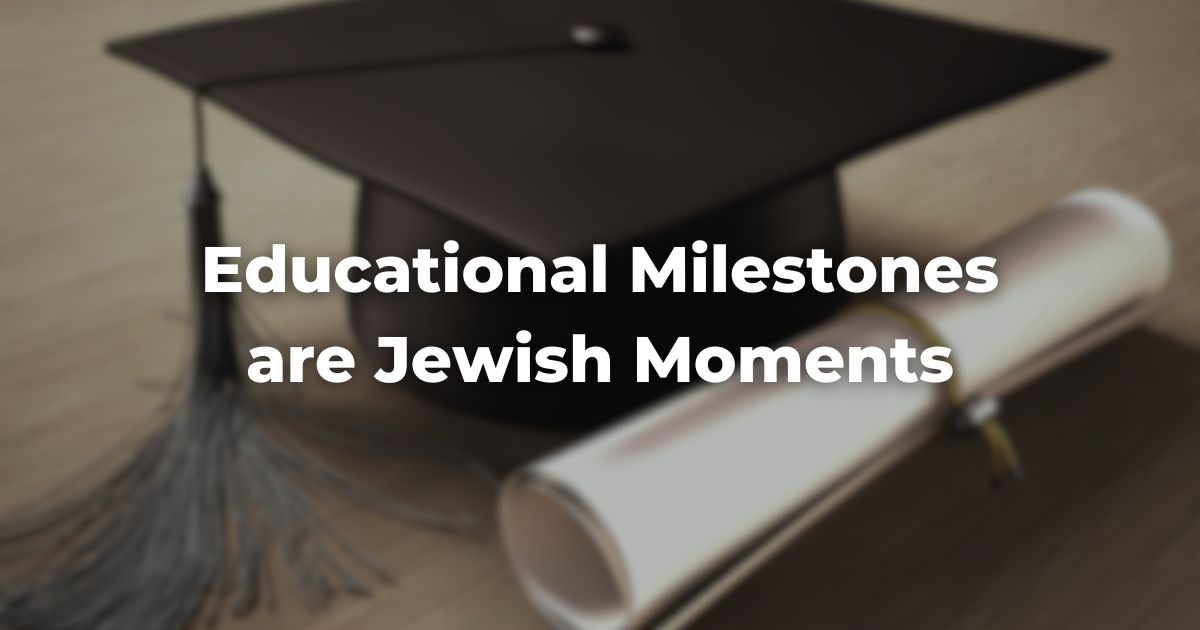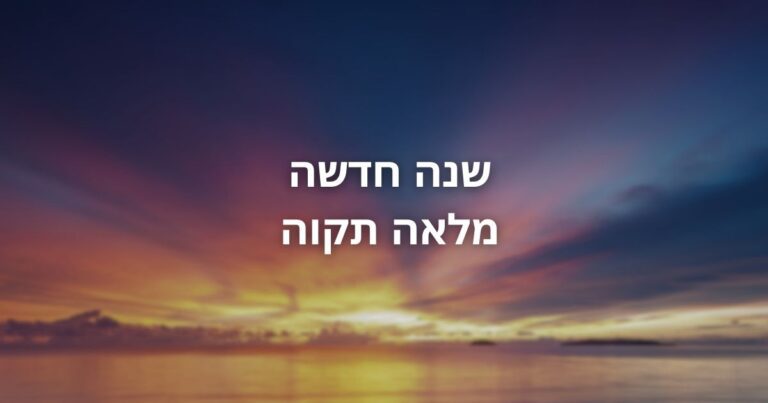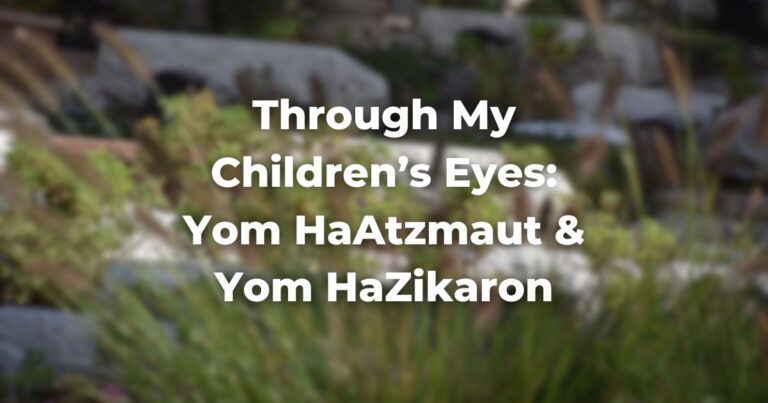Education has always been at the heart of Jewish life. From the Torah’s command to “Impress them upon your children” (The Shema portion, Deuteronomy 6:7) until today, we understand that education is not only a means to success but a sacred endeavor.
When we celebrate educational milestones, we are not just marking academic achievements. We are honoring a Jewish moment, a spiritual milestone imbued with the values and aspirations of our heritage.
In Judaism, education is not just a transfer of knowledge; on one hand it is an act of creating, and on the other hand it’s an act of conservation. Maimonides (Rambam) mastered TorahRefers to the first five books of the Hebrew Bible, the Tanakh, also called the Five Books of Moses, Pentateuch or the Hebrew equivalent, Humash. This is also called the Written Torah. The term may also refer to teachings that expound on Jewish tradition. Read more study and revolutionized both medicine and philosophy. Albert Einstein’s contributions to physics were shaped by a deep ethical awareness. Ruth Bader Ginsburg’s dedication to justice and equality reflects Jewish ethical teachings. Henrietta Szold, the founder of Hadassah, revolutionized healthcare and education in Israel. These examples are only a few out of many, showing how Jewish learning and faith can inspire excellence and purpose in any endeavor.
The Jewish Lens on Educational Growth
Every stage of education provides us an opportunity to connect achievements with Jewish values. When a young child first learns the Aleph-Bet, they are not just mastering the building blocks of language; they are stepping into the world of Torah and Jewish texts.
When a child receives their first ChumashA collection of the Five Books of Moses, Pentateuch, or the Hebrew equivalent. Includes the haftarot readings, and usually contains some commentary. It is often used on Shabbat mornings to help follow the Torah reading. Read more or begins to lead a prayer in synagogue, they are deepening their spiritual connection. When a teenager excels in math or science, they are engaging with the wisdom of God’s creation. Preparing for and participating in a debate, whether in school or through Jewish youth organizations, teaches critical thinking and ethics rooted in Jewish tradition. When a young adult completes a degree, even in a secular field, they achieve the ultimate goal of the Jewish people—to learn and teach.
Entering a professional field, earning a first paycheck, or engaging in lifelong learning through continued Jewish study are also milestones that reflect the enduring Jewish commitment to education and growth.
Learning makes us better people and the world becomes a better place because of our learning. Therefore, educational milestones should be celebrated!
The celebration should not only be family celebrations but also community ones. Synagogues, schools, and Jewish organizations can create programs and ceremonies to honor these moments, reinforcing the idea that each child’s or adult’s success contributes to the strength of the entire community and Jewish people.
Facing Challenges with Faith
Not every educational milestone comes easily.
There are moments of struggle, disappointment, and doubt. Judaism teaches us to view these challenges as opportunities for growth.
The TalmudReferring to one of two collections, the Jerusalem and Babylonian Talmuds, edited in the 6th century, that contains hundreds of years of commentary, discussion, and exploration of the ideas in the Mishnah. One could describe it as Mishnah + Gemara = Talmud Read more compares learning to the process of sharpening iron: “Just as iron sharpens iron, so too do scholars sharpen each other” (Taanit 7a). When we encourage children to persevere, we remind them that resilience is a Jewish value and that they are never alone in their journey.
Celebrating an educational milestone
To elevate these milestones you can incorporate rituals and blessings. There is no one-size-fits-all ceremony. You can create a ceremony or celebration that is appropriate for the event you are celebrating and to the audience you want to celebrate with.
Elements that can be included in such a ceremony are reciting the blessing of Shehecheyanu, thanking God for allowing you to reach this moment, studying a short D’var Torah or learning a MishnahA collection of rabbinic teachings edited in Israel around 225 CE. Organized in six sedaraim by subject matter and dealing with both ritual and civil law. Both the Jerusalem and Babylonian Talmud are expansive discussions of the Mishnah. Read more from Pirkei Avot (Ethics of the Fathers) that aligns with the achievement. Sharing words of wisdom is always accepted. Your community will be happy to hear about your educational milestone.
Concluding with a communal song or blessing would solidify the connection between academic growth and Jewish tradition, making the milestone an occasion of joy and inspiration for both the individual and their community.
Another meaningful practice is to connect educational milestones to acts of tzedakah (charity). For example, as a child advances to the next grade, they can donate school supplies to less fortunate peers, teaching them to celebrate their blessings by sharing them with others.
A Legacy of Learning
When we celebrate educational milestones as Jewish moments, we are also passing on a legacy. We teach our children that their achievements are not isolated events but part of a chain linking them to generations past and future. This perspective deepens their sense of identity and purpose, helping them see their education as a gift they can use to build a better world.
Author
-

Tsvia Weisberger is a second year rabbinical student at the Shechter Institute for Rabbinic Training in Jerusalem. She was a fellow in the first cohort of the Exploring Judaism's Writer's Fellowship. Tsvia has a BA in Bible and Jewish studies and a MA in Jewish education from the Hebrew University. She is also a teacher and educator at the Jerusalem Academy of Music and Dance high school and in other settings.
View all posts




